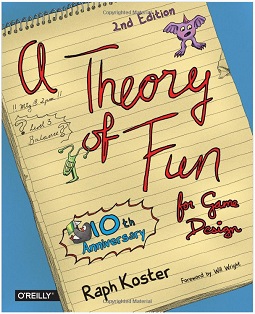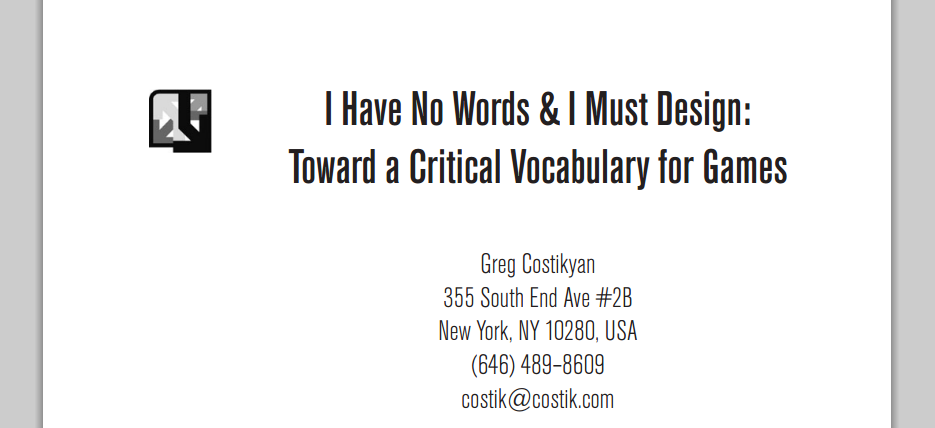About
Author: Vic Hood
Publisher: Eurogamer
Pages: N/A
Description
“Loot boxes are a virtual game of chance, but should this commonplace in-game feature now be considered real-life gambling?…Like real-life gambling, loot boxes appeal to our deep psychological need for reward. Psychologist and behaviourist B.F. Skinner researched something called the variable ratio schedule, a reward system typically used by casinos, which sees a person rewarded at varying times. So, if someone does a positive behaviour, such as buying a loot box and opening it, they could be rewarded the first time. They’re then not rewarded again until the sixth box they buy, then the third after that, then the 10th and so on.” – Vic Hood, Eurogmaer
Steve Wilcox is an assistant professor in the Game Design & Development program at Wilfrid Laurier University where he researches & creates knowledge translation games. He is also the co-founder & former editor-in-chief of First Person Scholar.

